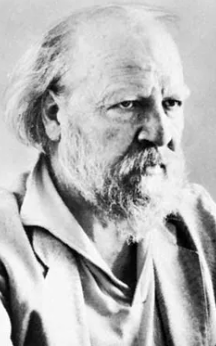
Golding’s experience in World War II had a profound effect on his view of humanity and the evils of which it was capable. After the war, Golding resumed teaching and started to write novels.
Readers and critics have interpreted Lord of the Flies in widely varying ways over the years since its publication. During the 1950s and 1960s, many readings of the novel claimed that Lord of the Fliesdramatizes the history of civilization. Some believed that the novel explores fundamental religious issues, such as original sin and the nature of good and evil. Others approached Lord of the Flies through the theories of the psychoanalyst Sigmund Freud, who taught that the human mind was the site of a constant battle among different impulses—the id (instinctual needs and desires), the ego (the conscious, rational mind), and the superego (the sense of conscience and morality). Still others maintained that Golding wrote the novel as a criticism of the political and social institutions of the West. Ultimately, there is some validity to each of these different readings and interpretations of Lord of the Flies. Although Golding’s story is confined to the microcosm of a group of boys, it resounds with implications far beyond the bounds of the small island and explores problems and questions universal to the human experience.
SparkNotes.com, 2016.

The Nobel Prize in Literature 1983 was awarded to William Golding "for his novels which, with the perspicuity of realistic narrative art and the diversity and universality of myth, illuminate the human condition in the world of today"
When a plane crashes on a remote island, a small group of schoolboys are the sole survivors. From the prophetic Simon and virtuous Ralph to the lovable Piggy and brutish Jack, each of the boys attempts to establish control as the reality - and brutal savagery - of their situation sets in.
The boys' struggle to find a way of existing in a community with no fixed boundaries invites readers to evaluate the concepts involved in social and political constructs and moral frameworks. Ideas of community, leadership, and the rule of law are called into question as the reader has to consider who has a right to power, why, and what the consequences of the acquisition of power may be. Often compared to Catcher in the Rye, Lord of the Flies also represents a coming-of-age story of innocence lost.
Goodreads, 2016.
Plot Summary.
Summary.
Summary.
Summary.
Summary.

Discover ClickView related content to assist you in your study of Lord of the Flies.